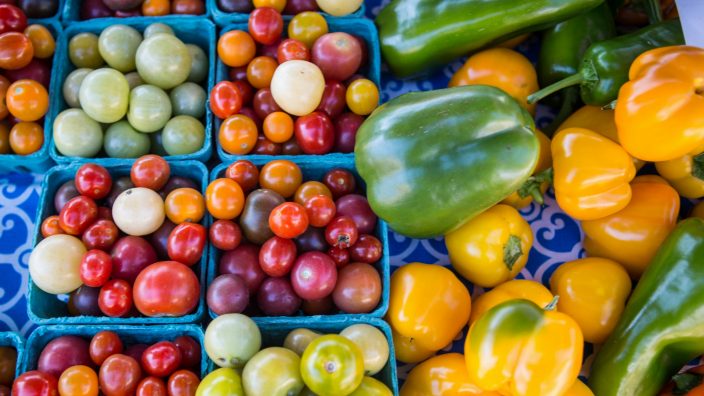Legal with Leah: The questions around data centers
Leah Curtis joins this Legal with Leah to talk about what data centers mean for local communities and how to stay engaged in the development process
Read MoreWhat products can be sold at a farmers market with out a license? What are cottage foods? How do livestock producers sell their products at farmers markets?
Note: This article was updated May 3, 2023.
In 2024, Ohio Farm Bureau introduced the Small-Scale Food Business Guide.
Direct marketing at farmers markets is a great way to sell your products and connect with your local community, and we have seen a booming interest when it comes to selling and buying locally over the past three years. On this Legal with Leah, Ohio Farm Bureau’s Policy Counsel, Leah Curtis fills us in on what we need to know as far as licensing goes for selling at a farmers market or even for goods made and sold from home.
Listen to Legal with Leah, a podcast featuring Ohio Farm Bureau’s Policy Counsel Leah Curtis discussing topics impacting farmers and landowners.
Ty Higgins [00:00:00] Direct marketing at farmers markets. A great way to sell your products and connect with your local community. And we’ve seen an interest boom when it comes to selling and buying locally over the past three years. On this Legal with Leah, find out what you need to know as far as licensing goes for selling at a farmers market or even for food you make and sell from your home. To walk us through the do’s and don’ts, we have Ohio Farm Bureau Policy Counsel Leah Curtis joining us.
Ty Higgins [00:00:25] My first question is very general: Do you need any sort of license to sell food at a farmers market?
Leah Curtis [00:00:31] So it is going to depend on what you’re going to sell. So favorite lawyer answer: It depends. Generally, when someone’s selling food, they need a retail food establishment license from the local health department. However, there are exceptions from that requirement that are particular to selling at farmers markets, particularly when you’re limiting your sales to certain products.
Ty Higgins [00:00:54] So what are the products we can sell without a license?
Leah Curtis [00:00:56] So a farmer can sell fresh and unprocessed fruits and vegetables, properly labeled maple syrup, sorghum or honey, certain amounts of commercially prepackaged food, so long as they are less than 100 cubic feet of your space and they’re non-hazardous, which kind of generally means they don’t require any sort of temperature or time control. And then any products that are deemed to be cottage foods. Those things can all be sold at a farmers market without having that retail food license.
Ty Higgins [00:01:24] All right. So let’s unpack a few of those foods. Fresh and unprocessed fruits and vegetables would mean what?
Leah Curtis [00:01:31] So this means that you are selling the fruit or vegetable in its whole form. You’ve not cut it. You’ve not processed it into any other product. So, for example, if you have whole tomatoes, you have full watermelons, that’s fine. If you are slicing any of those in half, putting wrap around them and then selling them, that’s not going to be okay. So you do have to sell them in that kind of whole form without any additional processing to them.
Ty Higgins [00:01:53] You mentioned the term cottage foods. What’s that?
Leah Curtis [00:01:56] So cottage foods are distinct list of food types that because they have a low food safety risk, you are permitted to make them in your home and sell them without any sort of license. So a few examples are baked goods like cookies or breads, candies, jams, jellies, fruit butters, granola, popcorn, dry cereal, nut and snack mixes, dry baking mixes, dry herbs, seasoning blends and tea blends. So the Department of Agriculture does have a fact sheet available on its website that has a full list of those cottage foods. But generally, they’re things that are dry, they don’t have to be refrigerated and they have a very low food safety risk.
Ty Higgins [00:02:32] Really easy to find that PDF online. If you just Google Ohio Cottage Food Law, you’ll find that ODA website and all those items that Leah was discussing. A lot of people, as I mentioned over the past three years, they are finding more avenues to sell direct to consumer. They want to sell their livestock products that way as well. Meats, eggs at a farmers market… How can those type producers do that?
Leah Curtis [00:02:55] So livestock products are going to be a little bit different. If you want to sell meat or eggs at a farmers market, you’re going to need to obtain a retail food establishment license from the local health department. Many people that are going to sell those things at a farmers market will get what’s called a mobile license, so that can allow them to move between multiple markets. Those products are generally going to require some sort of refrigeration or temperature control. So they should certainly talk to their health department about what is going to be necessary to meet those requirements, and with meat, it’s generally going to need to come from an inspected facility and be labeled properly to be sold. So you’ll want to make sure you check all those boxes if you want to sell those livestock products.


Leah Curtis joins this Legal with Leah to talk about what data centers mean for local communities and how to stay engaged in the development process
Read More
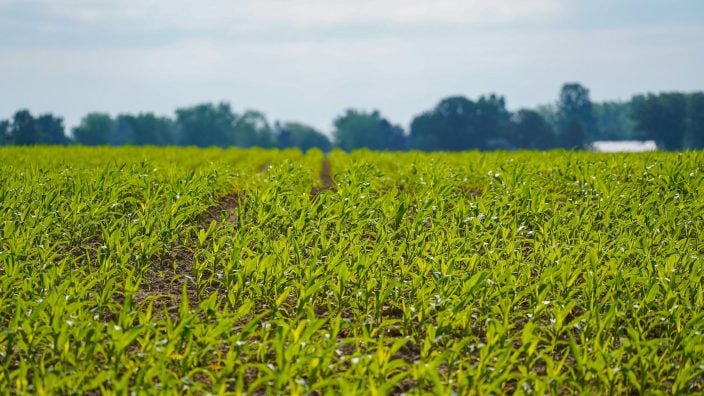
Ohio Farm Bureau advocated for a change in the law to allow family members and employees to handle pesticides while under the supervision of a licensed applicator. The rules around HB 10 are being finalized.
Read More

Four property tax reform bills were signed into Ohio law at the end of 2025. Ohio Farm Bureau Associate General Counsel Leah Curtis breaks down the bills and what the changes mean for Ohioans.
Read More

Learn what the requirements are to legally fly a drone in Ohio as well as steps the Ohio Legislature has taken in terms of security concerns.
Read More

In 2025, about 21 counties are going through a reappraisal or update, and because Ohioans pay taxes one year behind, they will see new property tax bills in January 2026.
Read More
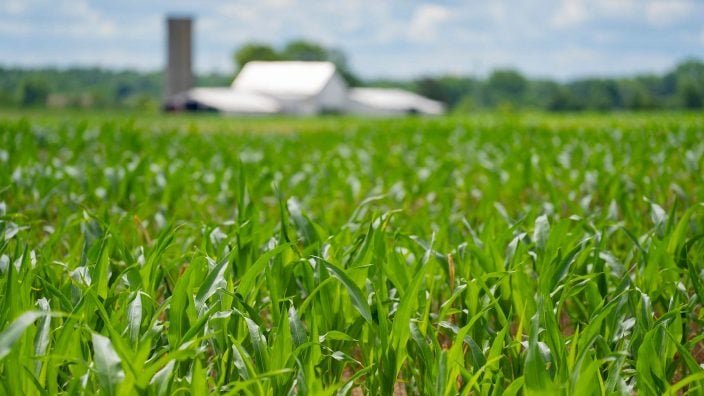
Any unlicensed handlers who use restricted use pesticides will need to have additional training. Farm Bureau will be working on legislation to give employers a choice on how to provide training.
Read More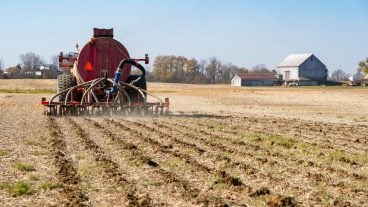
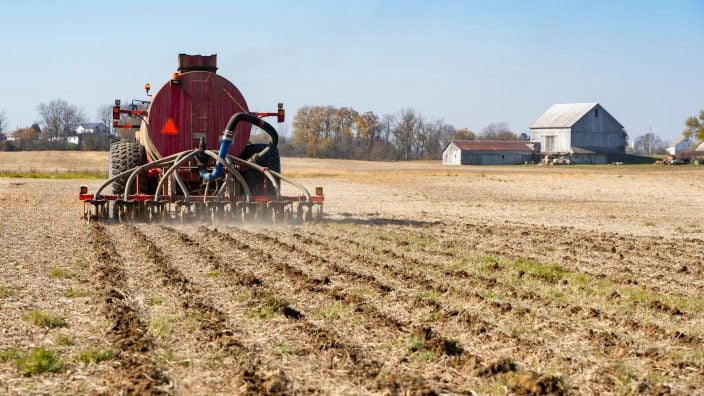
Current Agricultural Use Value is often discussed as a farmland preservation tool, but there are some other tools in the law that landowners can consider.
Read More

Update: As of Feb. 27, 2025, the Financial Crimes Enforcement Network announced no fines, penalties or enforcement action will be taken against companies based on failure to file or update BOI by March 21.
Read More

Update: As of Feb. 27, 2025, the Financial Crimes Enforcement Network announced they would not issue any fines or penalties or take enforcement action against companies based on failure to file or update beneficial ownership information reports by the March 21, 2025, deadline.
Read More

Update: As of Feb. 27, 2025, the Financial Crimes Enforcement Network announced they would not issue any fines or penalties or take enforcement action against companies based on failure to file or update beneficial ownership information reports by the March 21, 2025, deadline.
Read More